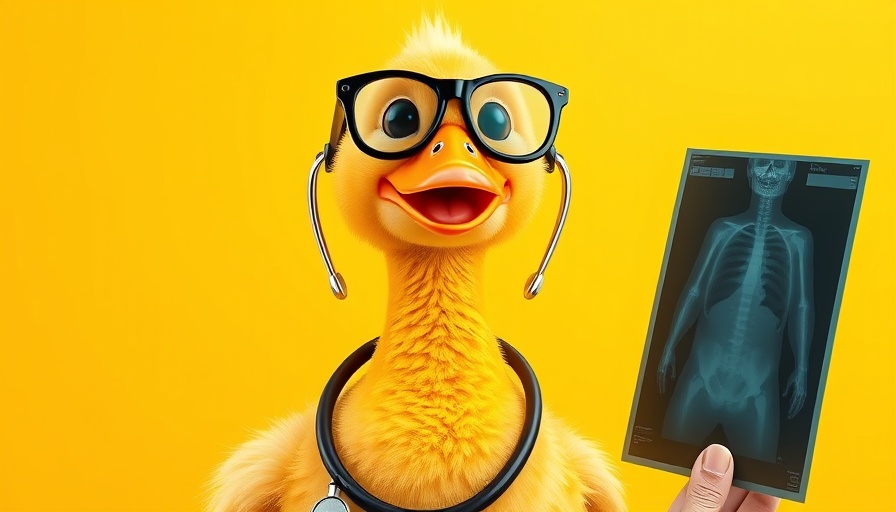
HHS Names Dr. Thomas Keane as New Leader for Health IT
The U.S. Department of Health and Human Services (HHS) has appointed Dr. Thomas Keane as the new head of health information technology efforts at the Agency for Standards and Technology in Healthcare (ASTP). With a solid background in both clinical and technology roles, Dr. Keane is poised to advance the integration of health IT across the country.
The Path to ASTP Leadership
Dr. Keane brings a wealth of experience that includes working as a senior advisor to the HHS Deputy Secretary and as a key figure in managing the COVID-19 Provider Relief Fund. His initiatives during the pandemic, including the development of the National Nursing Home COVID Action Network, underscore his commitment to healthcare systems in times of crisis. His technical expertise comes from his background as a finite element software developer and experience with leading institutions like Weill Cornell Medical Center and Johns Hopkins.
ASTP: A New Direction for Health IT
The reorganization of the former Office of the National Coordinator for Health Information Technology into ASTP represents a strategic shift aimed at enhancing the adoption and efficacy of health IT. As part of this transition, the recent FY26 budget proposal suggests allocating $130 million to create a Chief Technology Officer position, further indicating a robust approach to health IT and cybersecurity.
Industry Response and Future Implications
The HIMSS Electronic Health Record Association has welcomed Dr. Keane’s appointment, highlighting his expertise in health policy as a significant factor in addressing the complexities of health data interoperability. This emphasis on leadership reflects HHS’s commitment to advancing the digital transformation of healthcare, ensuring that all stakeholders work collaboratively to optimize health information systems while enhancing patient care.
Collaborative Efforts Ahead
As Dr. Keane steps into this pivotal role, his success will hinge on his ability to engage with a variety of stakeholders in the healthcare sector. By focusing on interoperability and the removal of barriers to communication, ASTP is set to play a crucial role in shaping the future landscape of healthcare IT. Professionals in the field are encouraged to stay updated on these developments, as they will undoubtedly impact their practices and the healthcare environment as a whole.
 Add Row
Add Row  Add
Add 




Write A Comment